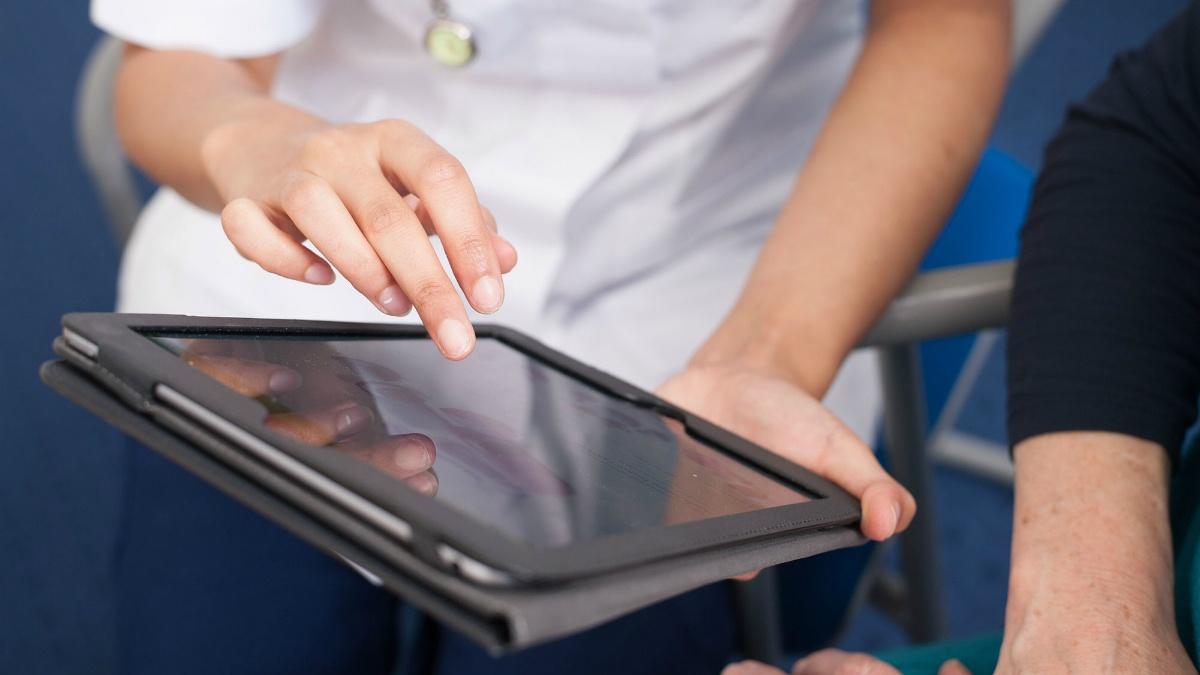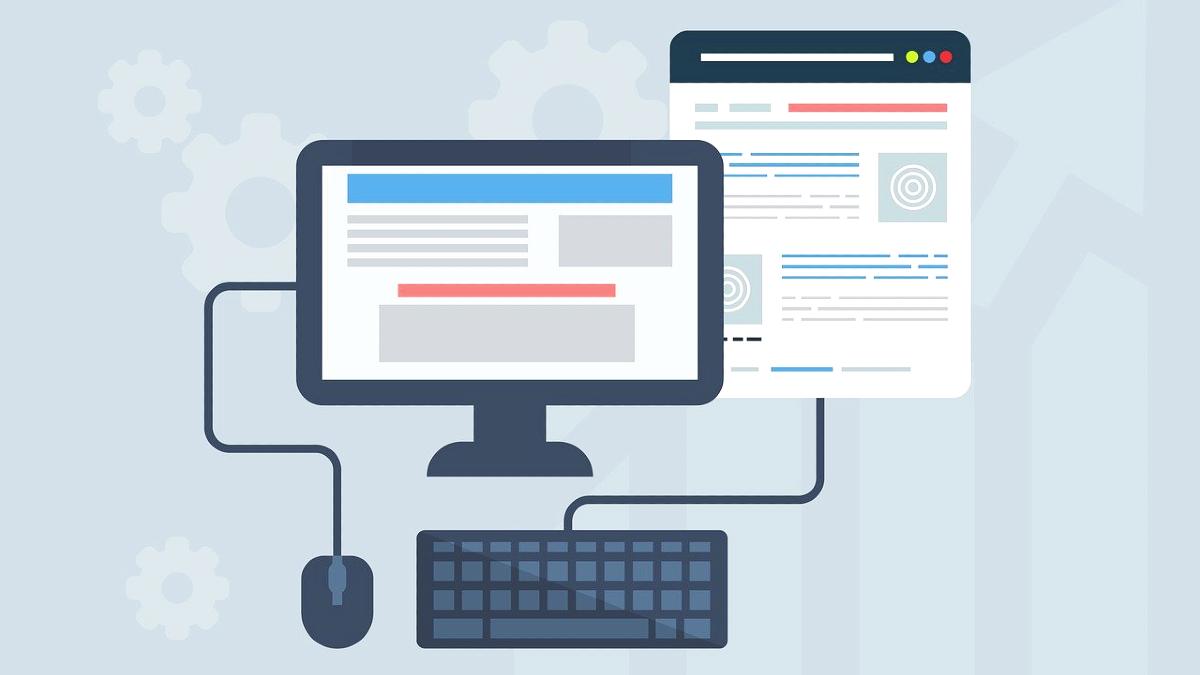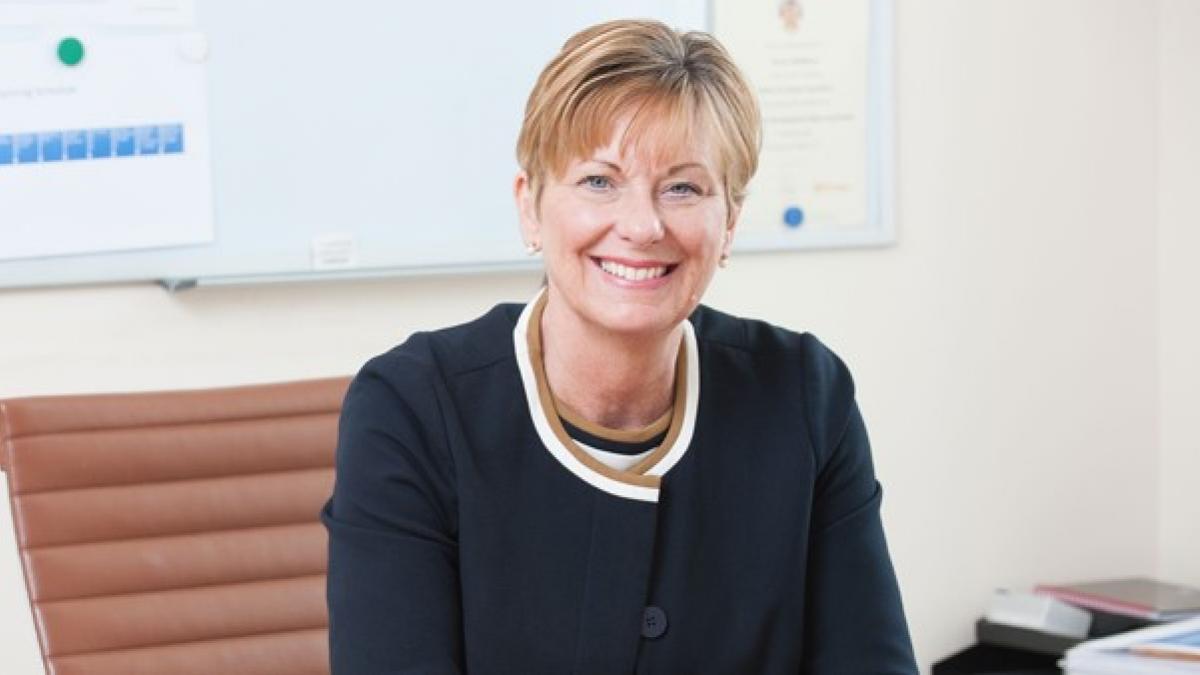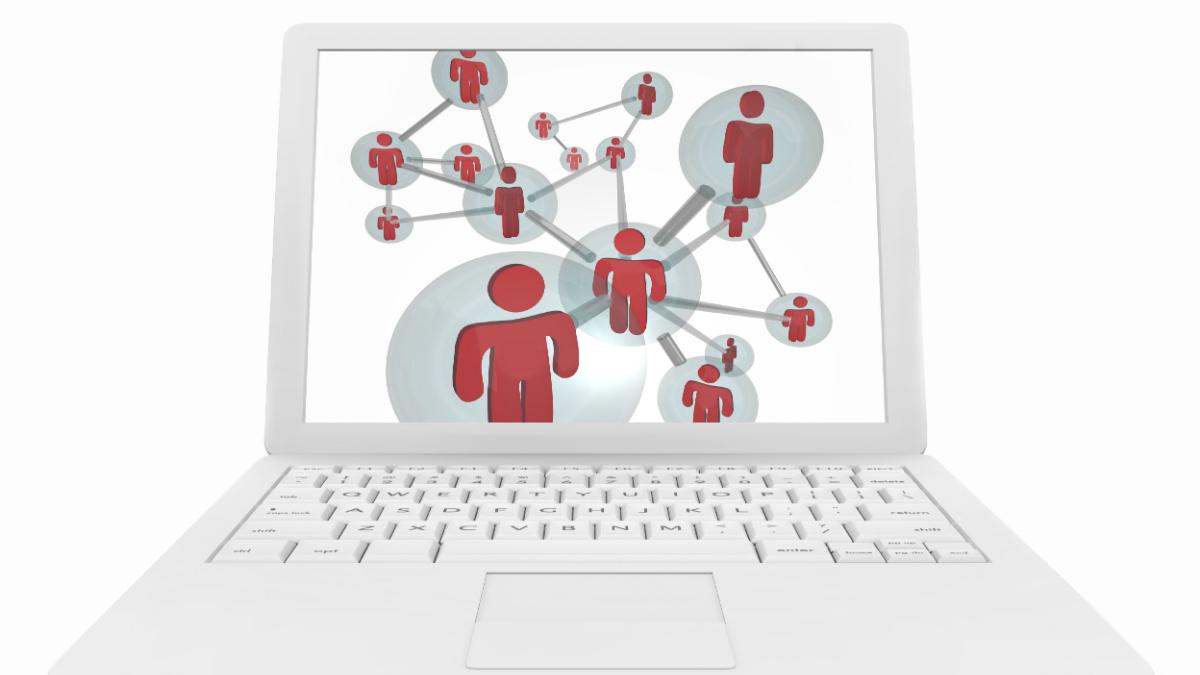Euan McComiskie, one of CSP's professional advisors, talks about the Digital Health Rewired virtual conference he attended recently.

Across the five days I heard from UK and international leaders in digital health and social care delivery including Simon Eccles, Natasha Phillips, Sonia Patel, Russ Branzell, Shera Chok, Shayne Hunter, Sarah Wilkinson and Matthew Gould.
On Thursday I heard from UK secretary of state for health and social care, Matt Hancock on the next steps of digital health leadership in England. He announced his five next steps for digital health in England.
Although this announcement is for England only I hope that it will be echoed by the health departments in the devolved governments throughout the UK.
The five steps that were announced were:
1) To digitise the parts of the NHS not yet reached

This would include covering the basics like connectivity and device wear out with an aim for “everyone to have the digital capability they need”.
To achieve this he announced that 32 new trusts in England are to join the NHSX digital aspirant programme.
This brings it up to a total of over £210m of new investment from February 2020 benefitting 59 trusts across England. I think this is great sign of intent and hopefully the kick start to enough digital projects to maintain the momentum of improvement we’ve seen through the lockdown.
2) To connect systems so data flows appropriately and securely

By providing a unified care record (but not a unified system) with patient access by September 2021 which I think is an ambitious but admirable target.
Achieving this would allow for primary and secondary uses of the data produced to improve clinical care but also position the England as world leaders of health and care research.
We’ve needed this for a long time and hopefully with the governmental priority and support we might be able to achieve it.

Collecting, using and sharing data is as much part of being a clinician as assessment and diagnosis.
There are a number of physiotherapists further engaging with informatics and we expect them to lead the way for the rest of the profession.
Karen Middleton, CSP chief executive
3) To use technology to transform care and not simply digitise pathways

Using technology not as an ‘add-on’ or a ‘nice to have’ but positioning it as an essential part of transforming provision.
This includes encouragement to think radically in order to reimagine how health and care is delivered. In my experience this is a common pitfall; just to ‘throw a device at the problem’ rather than to fully understand it, or to solutionise.
The disruption and challenges posed by Covid could be used to review and reflect so the new normal is better than where we were before
4) To build for the future and not just reactively

The development of a new data strategy by NHSX will help to shape this. There is also the current review into use of health data for research and analysis being conducted by Dr Ben Goldacre.
It is being consulted on throughout the first part of 2021 and I have contributed to this on behalf of the CSP and our members.
Publication of this review is expected in April 2021. It is essential that we understand the impact of changes made through necessity during lockdown and understand the role for alternative service delivery models in the new normal.
5) To make it easier for people to make changes that really matter

To simplify the ways in which the people can interact with technology and be part of the process of digital transformation.
This will include the further development of cleaner and simpler information governance processes to reduce barriers and encourage appropriate data flow.
My experience is that people’s perception of digital is often the initial barrier to their engagement.
If we can make it easier to find a way through IG in the first instance then understanding the possible role of digital will be much more accessible.
Once we have physiotherapy services doing that then having their engagement in the development and implementation of digital in their services will lead to even more leading provision.
Elsewhere in the conference there were strong messages from the leadership teams across NHSX and NHSE/I about the importance of multi-professional digital leadership.
They championed the recruitment and support of aspirant and existing clinical digital leaders and named AHPs as critical part of that workforce. The CSP is committed to using networks such as the Digital and Informatics Physiotherapy Group (DIPG) to support those already leading in that field as well as the next generation.
The CSP, our members and I look forward to being part of the next steps for digital health leadership.
Find Out More
Number of subscribers: 1




































